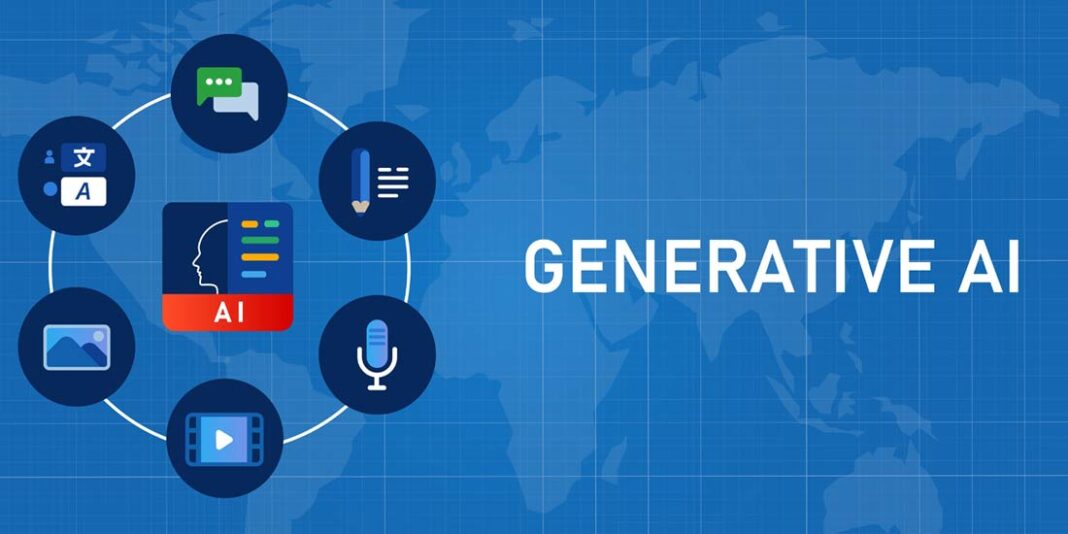In 2024, the landscape of data management is undergoing a revolutionary transformation. Thanks to Generative AI, businesses are discovering new ways to handle, organize, and analyze their data with unparalleled efficiency and precision. But what exactly is Generative AI, and how is it reshaping the way we approach data management? In this blog, we’ll dive into how Generative AI in data management is empowering organizations to unlock new levels of productivity, security, and growth.
What is Generative AI?
Generative AI refers to machine learning models that can generate new content, from text to images and even predictive insights, based on the data they are trained on. Unlike traditional AI systems, which are limited to making decisions based on existing data, Generative AI creates new possibilities by generating predictive scenarios, filling data gaps, or streamlining automation in previously unimaginable ways.
Generative AI in Data Management: Revolutionizing the Industry
The integration of Generative AI in data management is transforming how organizations handle their most valuable asset—data. Whether it’s organizing, storing, or securing large datasets, Generative AI is helping organizations streamline processes, reduce human errors, and enhance data quality. Let’s look at some of the key areas where this cutting-edge technology is making a difference:
1. Data Governance and Compliance
One of the biggest challenges in data management is ensuring compliance with regulations like GDPR, HIPAA, and CCPA. Generative AI offers new ways to automate compliance tasks by monitoring and analyzing data patterns for potential breaches. It can generate alerts when data governance rules are violated and even automatically correct compliance gaps, ensuring businesses stay on top of their data obligations.
How It Works: Generative AI models can scan large volumes of data in real time, identifying anomalies, flagging non-compliance issues, and generating recommendations for remediation. This not only speeds up compliance processes but also reduces the risk of fines or reputational damage.
2. Data Quality and Cleansing
Poor data quality has long been a bottleneck for businesses. From missing entries to duplicate records, these issues can lead to misguided decision-making and wasted resources. Generative AI comes into play by intelligently filling in the gaps through data synthesis and anomaly detection.
For example, if your customer database has gaps in key demographic information, a Generative AI model could analyze similar customer profiles and generate plausible entries for the missing data, effectively improving the quality and reliability of your datasets.
3. Automation of Data Entry and Management
Manual data entry is tedious, time-consuming, and prone to error. By using Generative AI, organizations can automate data entry processes, thereby reducing human involvement and the potential for mistakes. AI-powered systems can generate accurate, real-time reports based on the data you already have and make ongoing predictions that keep systems up to date automatically.
Real-world application: A logistics company might use Generative AI to automate the documentation of their inventory data, ensuring that stock levels are accurately reflected in real time without the need for human intervention.
4. Enhanced Data Security
As businesses collect more data, security becomes an increasing concern. Generative AI helps secure sensitive information through advanced encryption techniques, ensuring that unauthorized users can’t access or manipulate the data.
Moreover, AI models are capable of learning from historical breach data to generate new encryption algorithms, keeping your data ahead of potential cyber threats.
5. Intelligent Decision-Making Through Predictive Analytics
One of the most significant benefits of Generative AI in data management is its ability to predict future outcomes based on current data trends. By generating predictive insights, organizations can make more informed decisions that drive growth and reduce risks.
For example, retail companies can use AI-driven predictive analytics to forecast demand for specific products, optimizing their supply chain and inventory management to meet customer needs more efficiently.
Conclusion:
As we move further into the digital age, the need for advanced, scalable, and secure data management solutions becomes paramount. Generative AI offers a future-proof solution by enabling dynamic data systems that can grow and adapt with your business needs. With its ability to automate complex processes, ensure compliance, and predict future trends, Generative AI is well-positioned to become the cornerstone of data management strategies in 2024 and beyond.
Key Takeaway: Organizations that embrace Generative AI in data management will experience enhanced data governance, improved decision-making, and greater operational efficiency.
